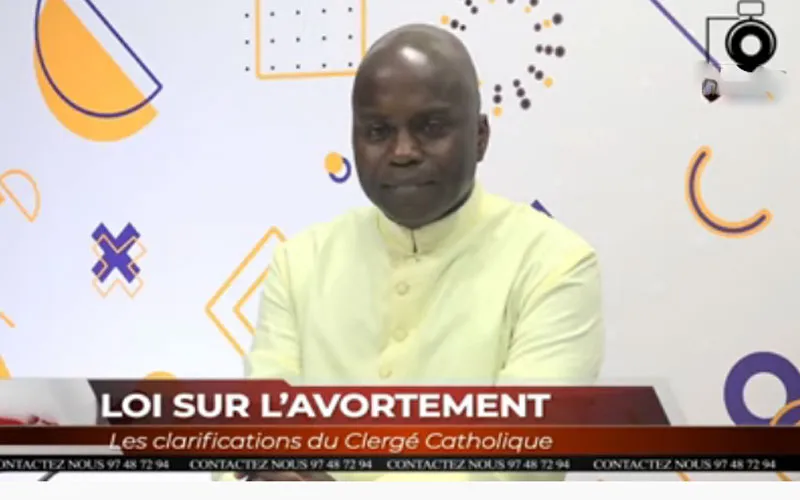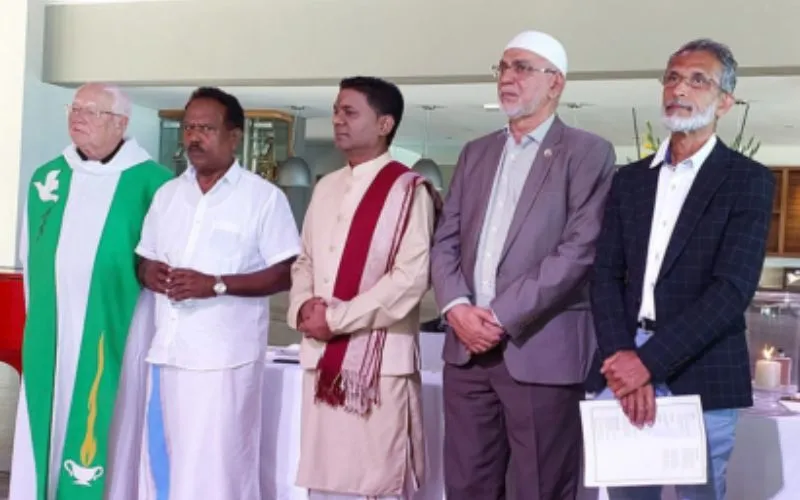Abortion can also be authorized if “the pregnancy is the consequence of a rape or an incestuous relationship and the request is made by the pregnant woman if she is an adult, or by her legal representatives in the case of a minor.”
A medical doctor can also authorize abortion if “the unborn child is suffering from a particularly serious condition at the time of diagnosis.”
“The law makes Benin a rarity in Africa,” Reuters reported, adding in reference to the Guttmacher Institute, a U.S.-based research organization, “As of 2016, only Zambia, Cape Verde, Mozambique, South Africa and Tunisia had relatively liberal abortion laws.”
According to Fr. Okpéitcha, "The Church holds that, from the moment you have a pregnant woman, the pregnancy is not a part of the woman. Pregnancy is another human being that remains in the woman's uterus for a few months, and therefore, it is brought out of this environment to take its autonomy as a human being if it has the chance to be born.”
“If there are two beings that are together, why secure one at the expense of the other?” he posed.
(Story continues below)
The amendment of the bill, the Catholic Priest said, “broadens the basis of cases by referring to the material, educational, psychological, professional and moral distress of the woman.”
“From now on, the woman can mention these reasons and obtain from her doctor the greenlight to have an abortion. These new modalities do not pass with the Catholic Clergy,” Fr. Okpéitcha said.
He continued, “The Church holds that only God is the master of life and only God can dispose of life. No other man has the right to dispose of the life of another.”
“The Church cannot agree that the woman can dispose of her body and therefore dispose of the life of the fetus, which is another human being,” he added.
Meanwhile, on October 31, CEB organized a day of fasting and prayer dedicated exclusively to the defense of life in response to the bill legalizing abortion in Benin.
According to Fr. Okpéitcha, "The Church is on the moral and religious level. When there are difficulties, when there are serious problems, the religious man turns first to God.”
“So, fasting and praying is to say to the Lord, we are in a difficult situation, we are afraid that innocent lives will be sacrificed, will be killed; you have entrusted us with life as a gift and we will give an account of it one day, now here is the situation, help us,” he added.
The Cleric noted that the initiative is first of all an “act of intercession to call for help.”
The day of prayer and fasting is “an effort of awareness that the church leads to awaken the conscience of citizens on the fact that life is sacred,” Fr. Okpéitcha said October 31.
Jude Atemanke is a Cameroonian journalist with a passion for Catholic Church communication. He holds a Bachelor’s Degree in Journalism and Mass Communication from the University of Buea in Cameroon. Currently, Jude serves as a journalist for ACI Africa.








